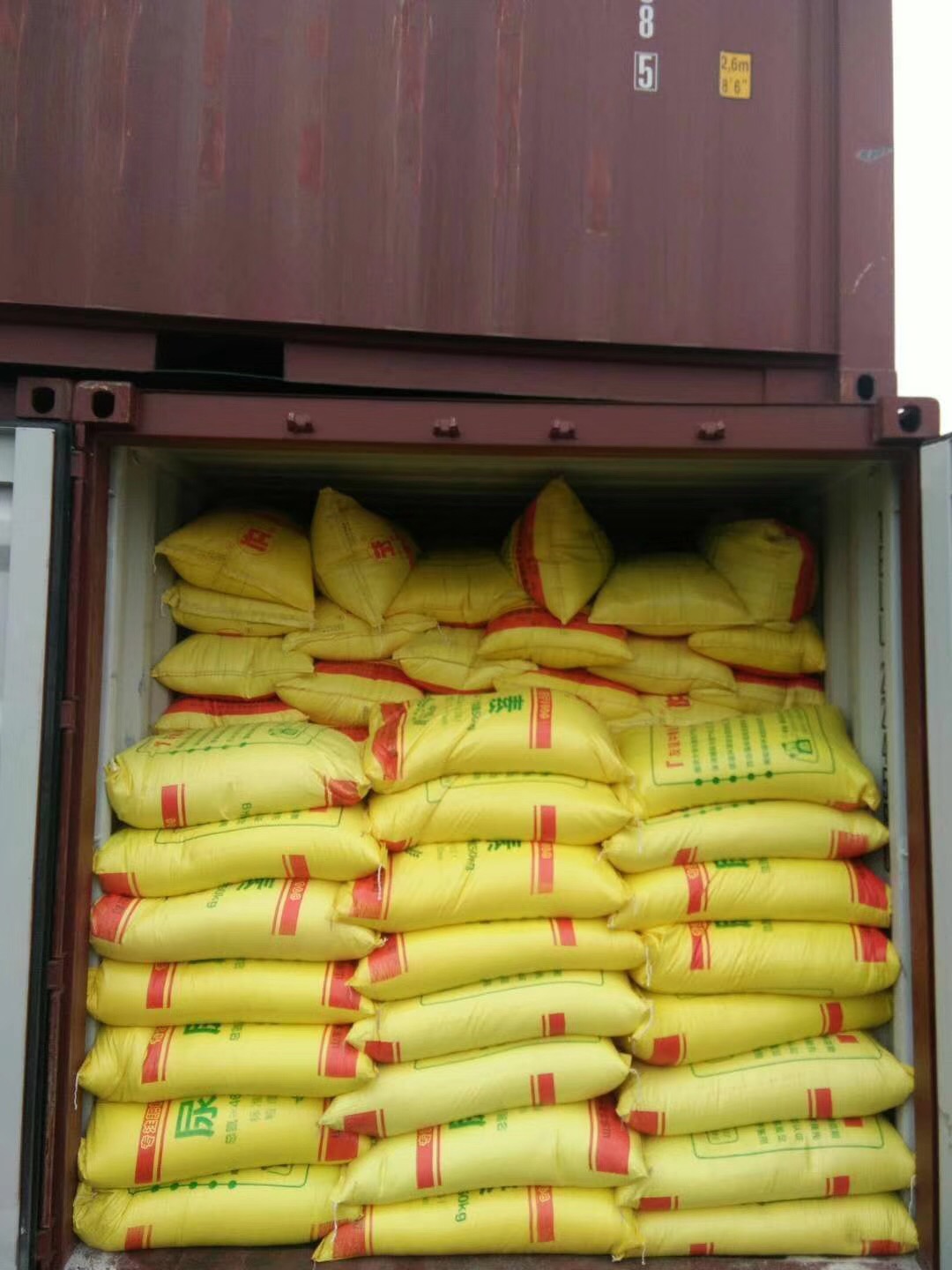
Sep . 22, 2024 09:33 Back to list
granular triple super phosphate
Understanding Granular Triple Super Phosphate A Key Fertilizer for Modern Agriculture
Granular Triple Super Phosphate (TSP) is one of the most widely utilized phosphorus fertilizers in modern agriculture. As crops require adequate phosphorus for optimal growth and development, TSP plays a crucial role in enhancing soil fertility and increasing crop yields. This article delves into the composition, benefits, manufacturing process, and application of granular TSP in farming.
Composition and Nutritional Value
Granular Triple Super Phosphate is composed mainly of calcium phosphate, with a phosphorus pentoxide (P2O5) content ranging from 44% to 48%. This high concentration of phosphorus makes TSP one of the most effective phosphorus fertilizers available. The granules are typically uniform in size, which aids in even distribution during application. TSP also contains secondary nutrients such as calcium and sulfur, which are beneficial to soil health and plant development.
Benefits of Granular TSP
The benefits of using Granular Triple Super Phosphate are numerous. Primarily, it provides an immediate source of phosphorus, which is essential for several physiological processes in plants, including energy transfer, photosynthesis, and nutrient transportation. This is particularly important during the early stages of plant growth when roots are establishing.
Moreover, TSP contributes to improved root development and can enhance the resilience of plants to stress factors, such as drought and diseases. It also promotes flowering and fruiting, leading to better yield and quality of harvested crops. The granulated form allows for easy handling and application, making it a farmer-friendly option.
granular triple super phosphate

Manufacturing Process
The production of Granular Triple Super Phosphate begins with the reaction of phosphate rock with sulfuric acid, resulting in the formation of phosphoric acid. This acid is then neutralized with calcium compounds, typically limestones or gypsum, to create granular TSP. The granulation process involves drying and conditioning the mixture to achieve the desired size and consistency. The entire process is monitored to ensure the product's quality, ensuring it meets agricultural standards.
Application in Agriculture
Granular TSP can be applied directly to the soil or blended with other fertilizers. It is often used during soil preparation before planting and can also be top-dressed during the growing season. Application rates depend on soil tests, crop requirements, and local agricultural practices, but typically range from 200 to 500 pounds per acre.
Farmers are advised to follow soil testing recommendations to avoid over-application, which can lead to environmental issues such as runoff and water pollution. Incorporating TSP into a comprehensive soil fertility plan, which includes crop rotation and the use of cover crops, can further optimize nutrient efficiency and sustainability.
Conclusion
Granular Triple Super Phosphate remains a vital component of modern agricultural practices. Its high phosphorus content, ease of application, and significant benefits to crop production make it an indispensable tool for farmers looking to maximize yield and maintain soil health. As agriculture continues to evolve, understanding and utilizing fertilizers like TSP will play a critical role in meeting the rising global food demands sustainably.
-
10 10 10 Fertilizer Organic—Balanced NPK for All Plants
NewsJul.30,2025
-
Premium 10 10 10 Fertilizer Organic for Balanced Plant Growth
NewsJul.29,2025
-
Premium 10 10 10 Fertilizer Organic for Balanced Plant Growth
NewsJul.29,2025
-
Premium 10 10 10 Fertilizer Organic for Balanced Plant Growth
NewsJul.29,2025
-
50 Pound Bags of 13-13-13 Fertilizer for All Plants – Bulk & Organic Options
NewsJul.28,2025
-
High-Efficiency 15-30-15 Granular Fertilizer for Healthy Crops
NewsJul.28,2025
